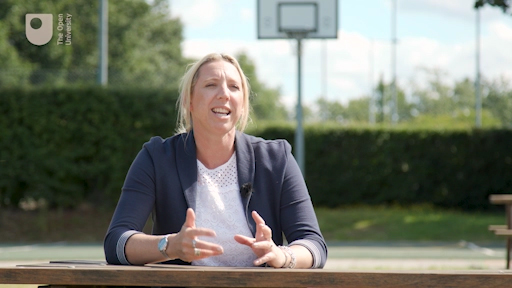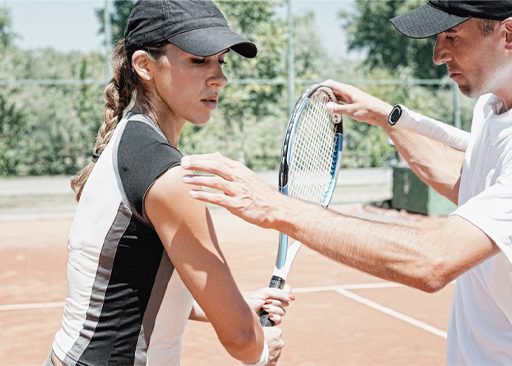3 What do female athletes want from their coach?
Each coach-athlete relationship is unique and has a unique balance as to who makes decisions. Gender may play a role in this relationship and also how an athlete selects their coach if they have a choice. This is explored in Activity 2.
Activity 2 Quality not quantity
Watch the video where Dr Emma Ross explains some differences in the coach-athlete relationship between males and females. Then answer the following questions:
- What is claimed to be most valuable to female athletes in the coach-athlete relationship?
- How does this differ from male athletes?

Transcript
Discussion
- For a female athlete the quality of the relationship is important, and this means that the coach must invest time and effort in developing empathy and rapport. For instance, it would help if the coach should take an interest in their wider life and what they have been doing outside of their sport. Although, this is also often true of effective coaches of men’s teams.
- This is claimed to be different for male athletes who perhaps are more interested in the quality of the coach, how well they have done in the past, and how many high-quality athletes they have supported.
Emma suggests that the female gains motivation and confidence from the relationship with their coach and this link is explored in the next section.

